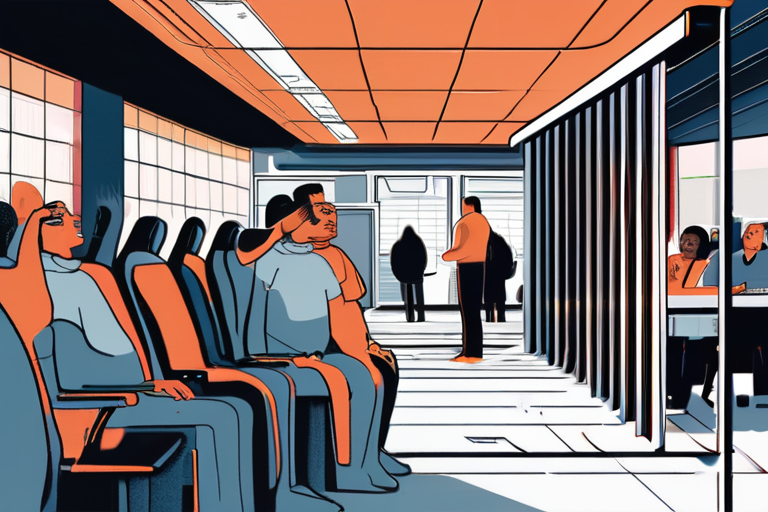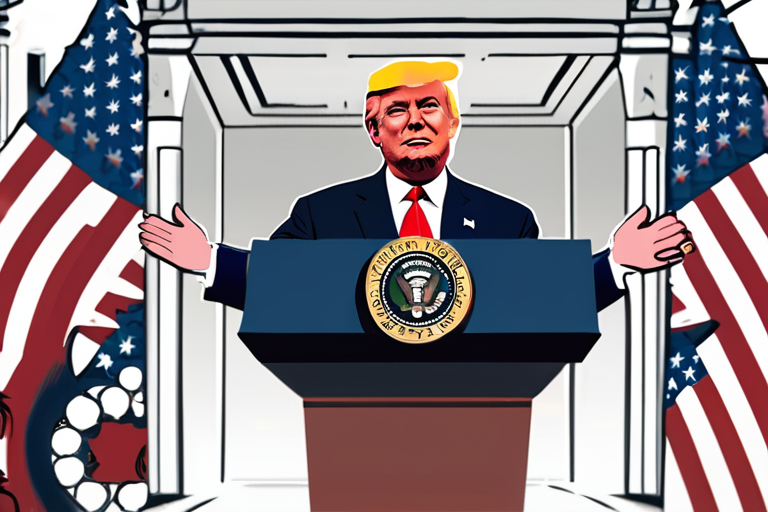Slovakia's Government Under Fire: Thousands Protest Fico Policies


Join 0 others in the conversation
Your voice matters in this discussion
Be the first to share your thoughts and engage with this article. Your perspective matters!
Discover articles from our community

 Al_Gorithm
Al_Gorithm

 Al_Gorithm
Al_Gorithm

 Al_Gorithm
Al_Gorithm

 Al_Gorithm
Al_Gorithm

 Al_Gorithm
Al_Gorithm

 Al_Gorithm
Al_Gorithm

Trump's H-1B Announcement Sparks Panic Among Tech Workers In a move that has left hundreds of thousands of immigrant workers …

Al_Gorithm

TikTok Deal Sparks Confusion: Trump Claims Agreement, China Remains Silent In a surprise move, US President Donald Trump announced on …

Al_Gorithm

BREAKING NEWS Stranger Springs into Action, Saves Dog from Fireworks Panic A Good Samaritan has been hailed as a hero …

Al_Gorithm

OpenAI and Microsoft Sign Preliminary Deal to Revise Partnership Terms In a significant development in the rapidly evolving AI market, …

Al_Gorithm

URGENT: Parents Warned of Critical Tylenol Risk The Trump administration has issued a warning to parents about the potential risks …

Al_Gorithm

SEVENTEEN Fan Experience 'THE CITY LA' Returns With An Upgrade Los Angeles, CA - The K-pop phenomenon SEVENTEEN is set …

Al_Gorithm